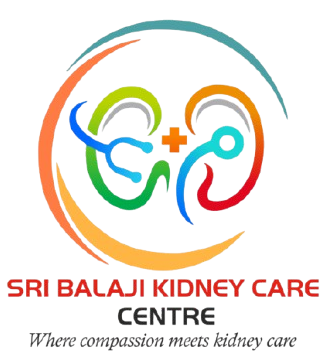What is Renal Hypertension?
Renal hypertension is a type of high blood pressure caused by problems with the kidneys. The kidneys help control blood pressure by balancing fluids and salts in the body. When the kidneys do not work well, blood pressure can rise. This condition is also called kidney-related high blood pressure. It can lead to serious health issues, including heart disease and stroke. According to the CDC, high blood pressure affects millions of people worldwide, and kidney problems are a common cause.
Why Understanding Risk Factors Matters
Knowing the risk factors for renal hypertension helps you take steps to protect your health. Early action can lower your risk and prevent serious problems. For example, making healthy choices can help keep your kidneys strong. Understanding these risks also helps you know when to see a doctor. This knowledge is important for everyone, especially those with a family history of kidney disease or high blood pressure.
8 Major Risk Factors of Renal Hypertension
Prevention and Lifestyle Tips
While some risk factors, like age or family history, cannot be changed, many can be managed. Here are some tips to help prevent renal hypertension:
Globally, these steps can help lower the rates of kidney-related high blood pressure. The World Health Organization recommends regular screening for people at risk.
When to See a Doctor
If you have any risk factors for renal hypertension, it is important to talk to your doctor. Early signs may include swelling in the legs, headaches, or changes in urine. However, many people do not notice symptoms until the condition is serious. Therefore, regular blood pressure and kidney checks are important. If you notice any changes in your health, seek medical advice right away.
If you have concerns about renal hypertension, consult a healthcare specialist for personalized advice.

